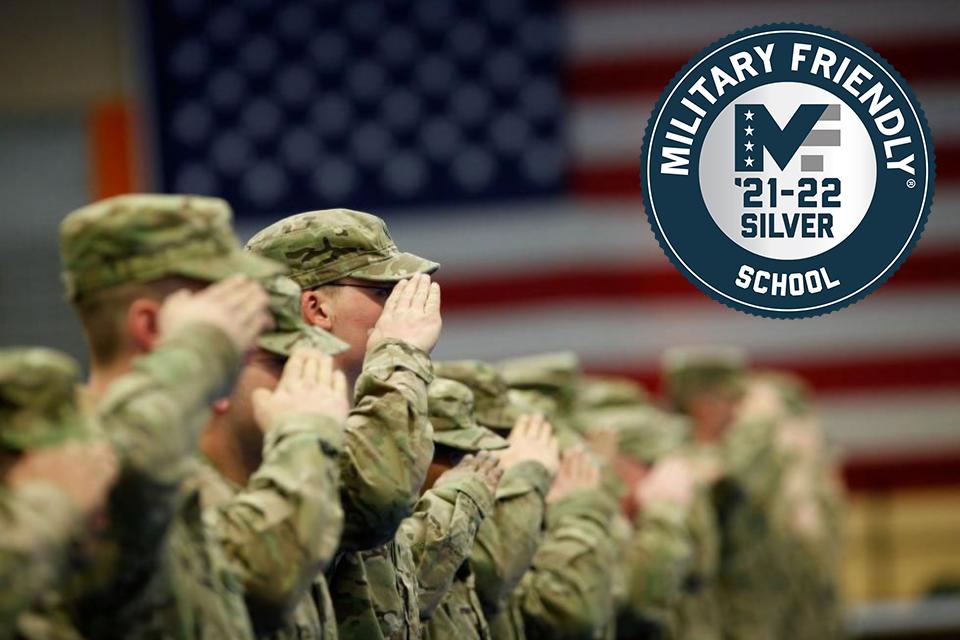From the Marines to MBA: Making the Military Transition
My journey from military to business leadership
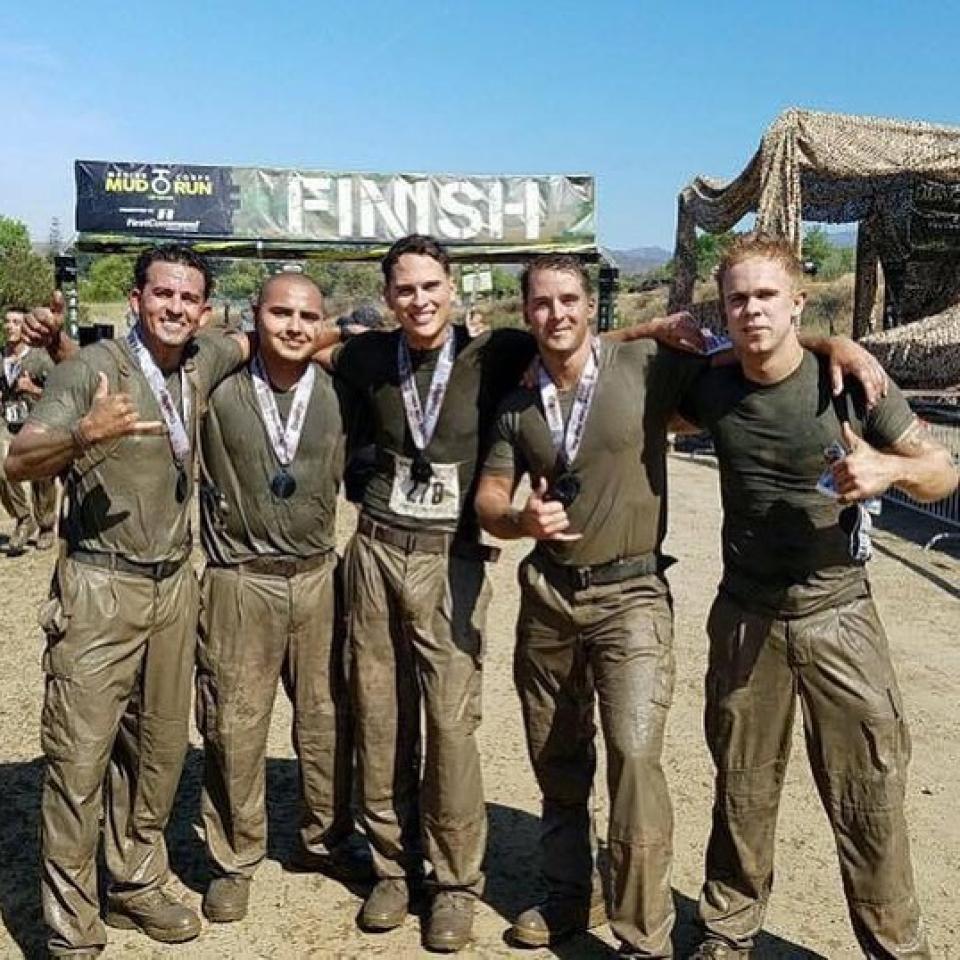
We were tasked with setting up telecommunications networks for a joint South Korean-United States training exercise. Luckily, the old man greeted us with joy, despite the intimidating presence of 10 military vehicles. With my broken Korean and his help reading our map, we got the right directions and were off with a friendly wave.
My military career was filled with such moments, many of greater consequence than a wrong turn.
When faced with situations requiring split-second decisions, I gained skills in high demand in the corporate world. I emerged a better leader with more tools in my kit to solve the next problem.
While all veterans gain such valuable traits from their service, it can be difficult to translate those skills to a post-military life without a little guidance.
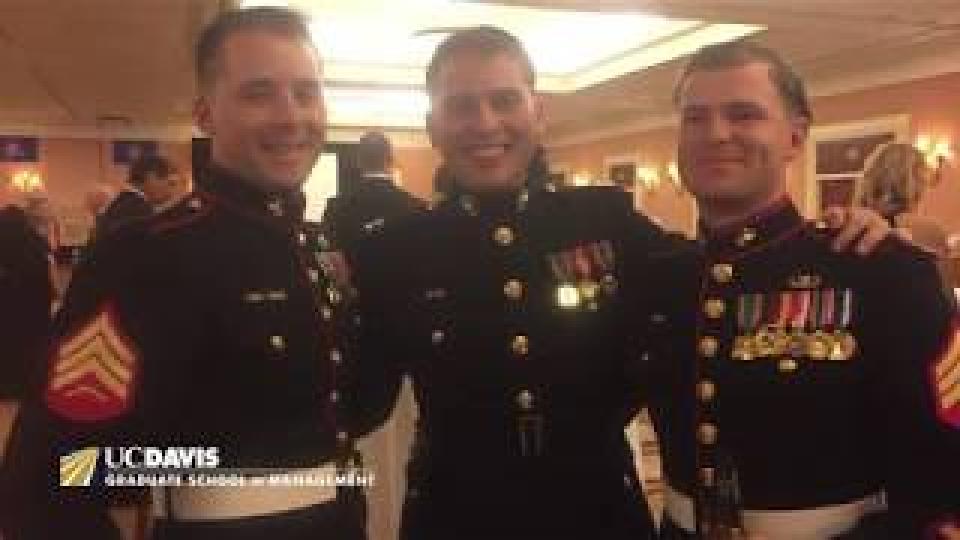
When I chose to leave the Marine Corps as an eight-year captain, I felt both extremely prepared and similarly unprepared for the challenges of leadership in the business world.
I knew how to develop solutions and how to motivate myself and others, but the problems I encountered in business were vastly different than what I was accustomed to in the military.
Now that I am in the thick of my transition, I’d like to share a few tips:
- Find new meaning for your skills: As a Marine, I spent a lot of time planning operations, thinking about logistics, deciding headcount assignments, phasing and staging. The end product is a five paragraph operations order, which can easily be translated into, “I can write a project plan.” During your own transition, use the help of a friend or colleague. As you describe your previous work, ask if they or someone they know work on similar things and what those tasks are called. Sometimes, it’s a simple twist of verbiage. In my experience, veterans already know how to complete assignments in the corporate world; it just means learning a whole new set of acronyms, which we’re particularly good at.
- Know that your leadership is valued: The military provides a unique opportunity in that it expects leadership and decision-making at all levels. One of the Marine Corps leadership principles is to “seek responsibility and take responsibility for your actions.” Don’t wait to seek responsibility. Offer to step up and lead a project, encourage your coworkers, and be sure to look out for your subordinates and peers. Taking on responsibilities, even small ventures, will earn you a reputation of reliability and accountability.
- Bring the same camaraderie and collaboration from your service to your work environment: I built a few of my best friendships and working relationships in the military. The culture and the mission facilitates deep relationships. If you don’t find a work environment with that kind of soul, you can work to create it. I would go to great lengths for my Marines, and by having that same attitude with my coworkers, I found that it creates the same loyalty and collaboration. Allow them to count on you.
- Invest in yourself: This is self-explanatory. Invest in yourself, even if it means taking a step down in the short-term. Lateral transitions can be tough and appear negatively on a resume. In my case, I went from leading Marines in preparation for combat and managing a warehouse of multi-millions of dollars to making cold calls for a database company. I felt underutilized. But I took it as a learning opportunity and identified what new skills I could learn to succeed in the business world. If you do take an entry-level position, remember to ask questions; you want to be the best you can be at your job, and that allows your supervisors to provide feedback, ultimately helping you invest in yourself.
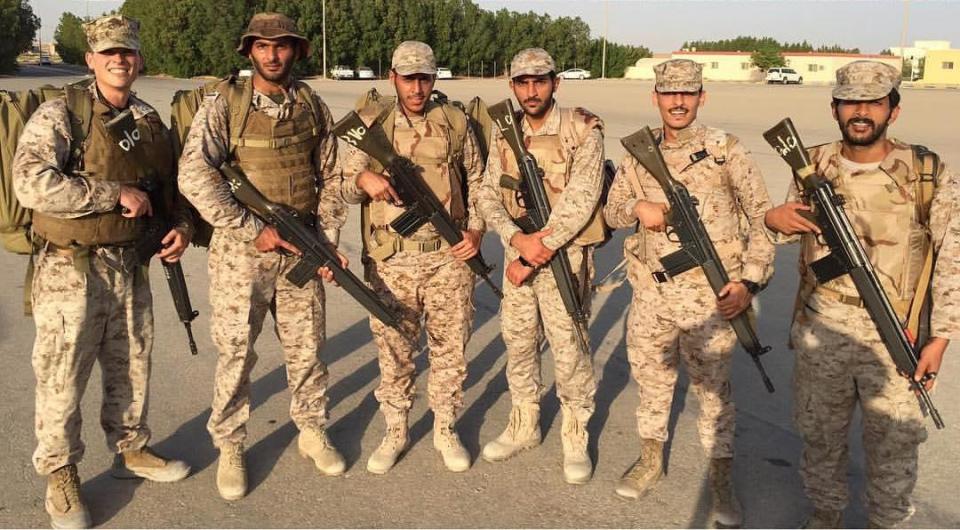
My personal investment was joining the Bay Area Part-Time MBA program at UC Davis. For a veteran, an MBA is a great way to accelerate your learning. I’ve learned to translate my skills that I gained in the military into skills relevant to businesses and corporations.
The new skills I’ve learned during my MBA education have already enabled me to take a new position at a startup, where I have more influence. Now I work directly with the management team to solve strategic challenges facing the company. I continue to bring what I’m learning in the classroom to my daily work to accelerate the company’s growth, as well as my own.
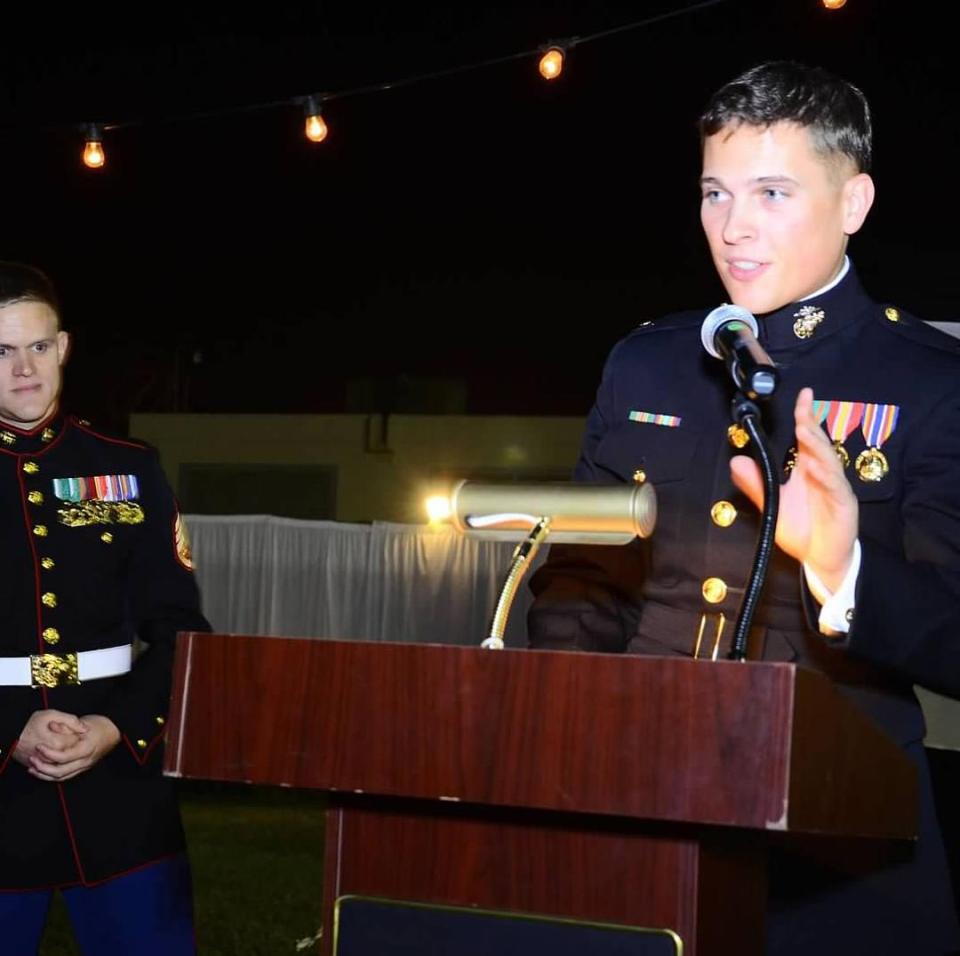
UC Davis prepares students for work in collaborative environments or replicate them at their company. Practicing these skills has allowed me to develop close relationships with my classmates. I’ve grown to be a leader outside of the military. My new battlefield is a classroom and an office.
My final message for veterans: We are ambassadors for our respective services and our military tradition. Although we’ve hung up the uniform, our service continues into the corporate world. The skills we’ve developed are extremely valuable to our workplaces and communities. Earning an MBA helps you translate those skills to a new environment, apply them for maximum effectiveness, and help a new outfit reach their target.
